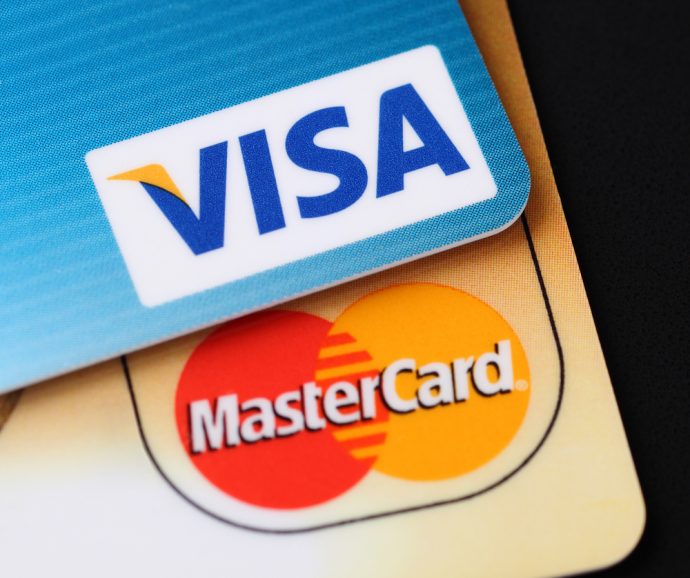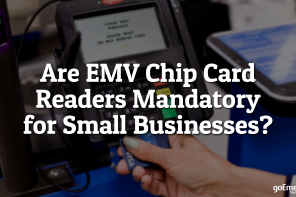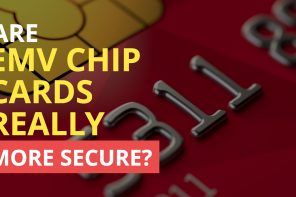Visa announced a series of initiatives targeted at easing merchants’ migration to EMV payment processing, and a few days later MasterCard followed suit. An average of 23,000 new merchant locations become chip-ready each week in the United States, but overall progress has been slower than many expected.
Part of the holdup is that merchants must have any of their new chip terminals tested to make certain they work properly before putting them to use. The chip technology can be implemented in a variety of ways based on the unique needs of a merchant, so testing can also vary from merchant to merchant. Visa has now streamlined the terminal testing and certification process, aiming for a 50% decrease in the amount of the time it takes to complete this process by significantly reducing the complexity, time, and cost of implementation. The network has also increased funding support for merchant transitions and made changes to its counterfeit fraud chargeback policies for merchants that don’t yet have EMV chip terminals.
MasterCard’s announcement to promote more rapid adoption of EMV also includes a new program for chip terminal testing and certification that puts more responsibility for testing and activating new EMV terminals on acquirers, rather than merchants. It also offers value-added resellers (VARs) more resources to resolve in-field issues.
Visa is modifying its policies to limit the number of fraudulent transactions that issuers can charge back to merchants (and their acquirers). Effective July 22, 2016 through April 2018, Visa will block all U.S. counterfeit fraud chargebacks under $25. Additionally, Visa chip card issuers will also be limited to charging back 10 fraudulent counterfeit transactions per account, and will assume liability for all fraudulent transactions on the account thereafter, effective October 2016 until April 2018.
MasterCard’s policies are applicable globally for all types of fraud, including in store and online, to limit merchant exposure to excessive chargebacks on fraudulent accounts. MasterCard now has checks and safeguards in place to ensure that chargebacks follow the liability shift guidelines. For example, the system prevents invalid chargebacks for fraud occurring at ATMs and automatic fuel dispensers where liability shifts do not go into effect until October 2016 and October 2017, respectively.
Merchants can expect these changes to significantly reduce the number of chargebacks they are seeing. For additional information, contact goEmerchant for answers to any questions you might have about EMV payments.



